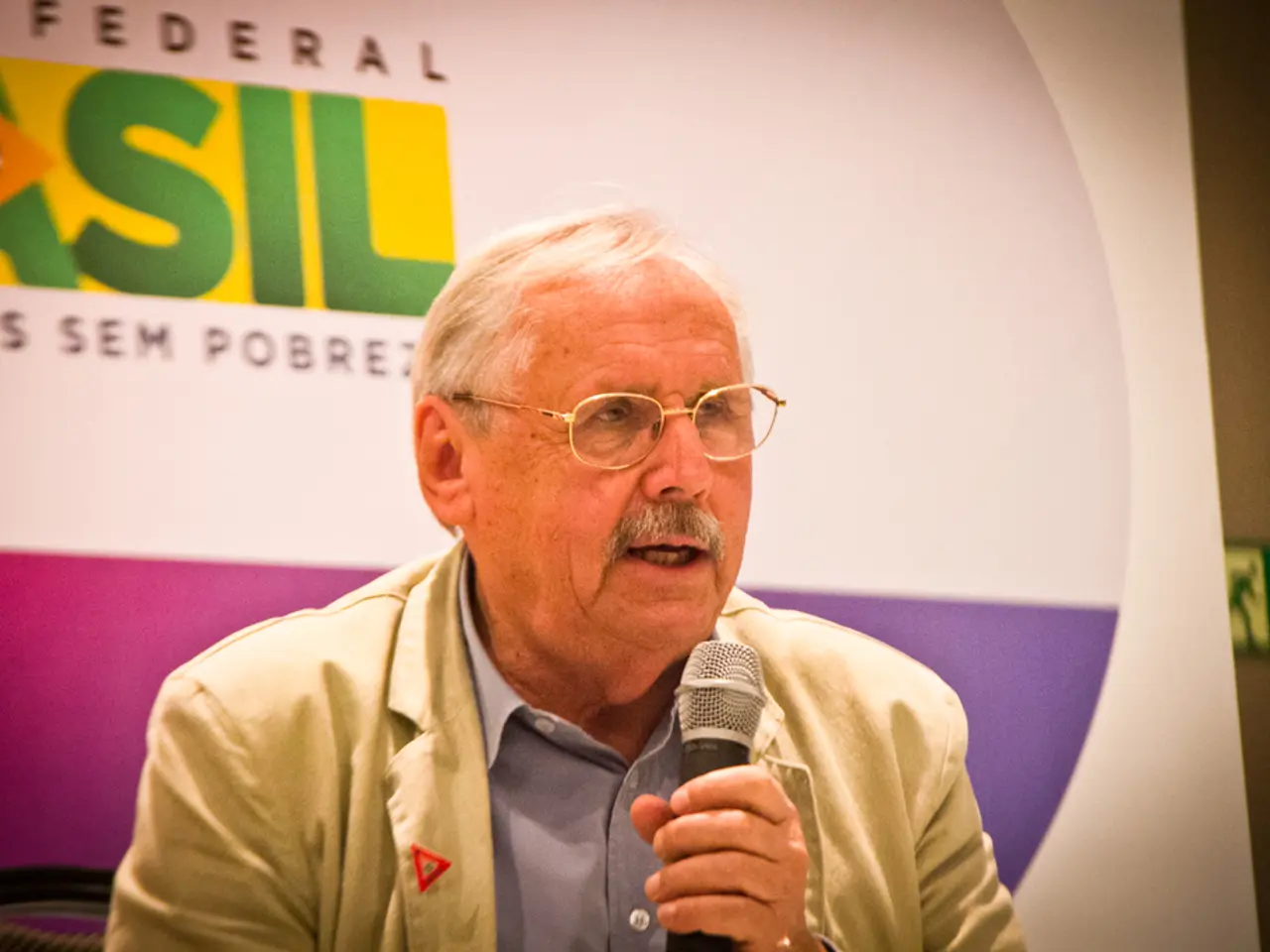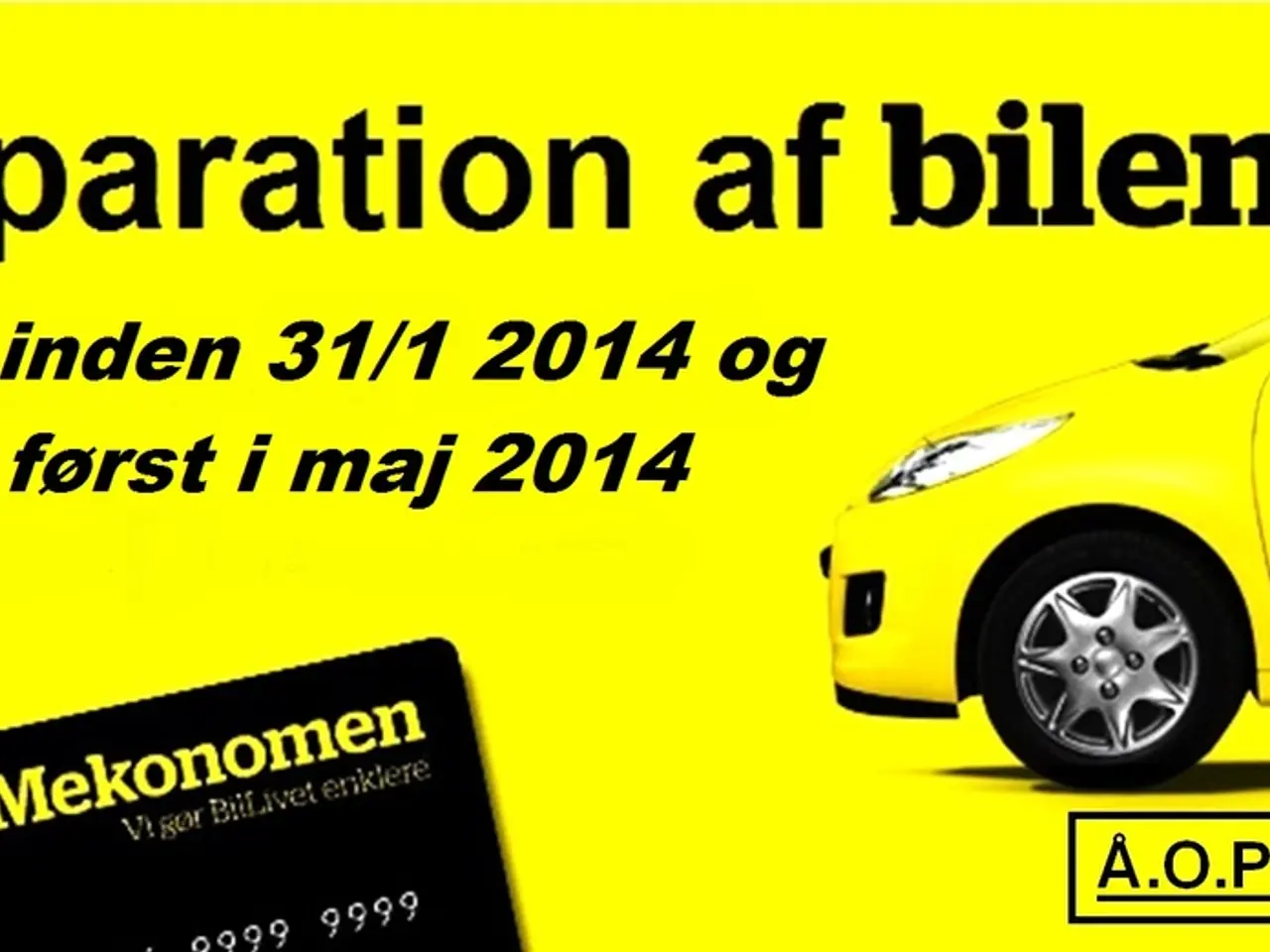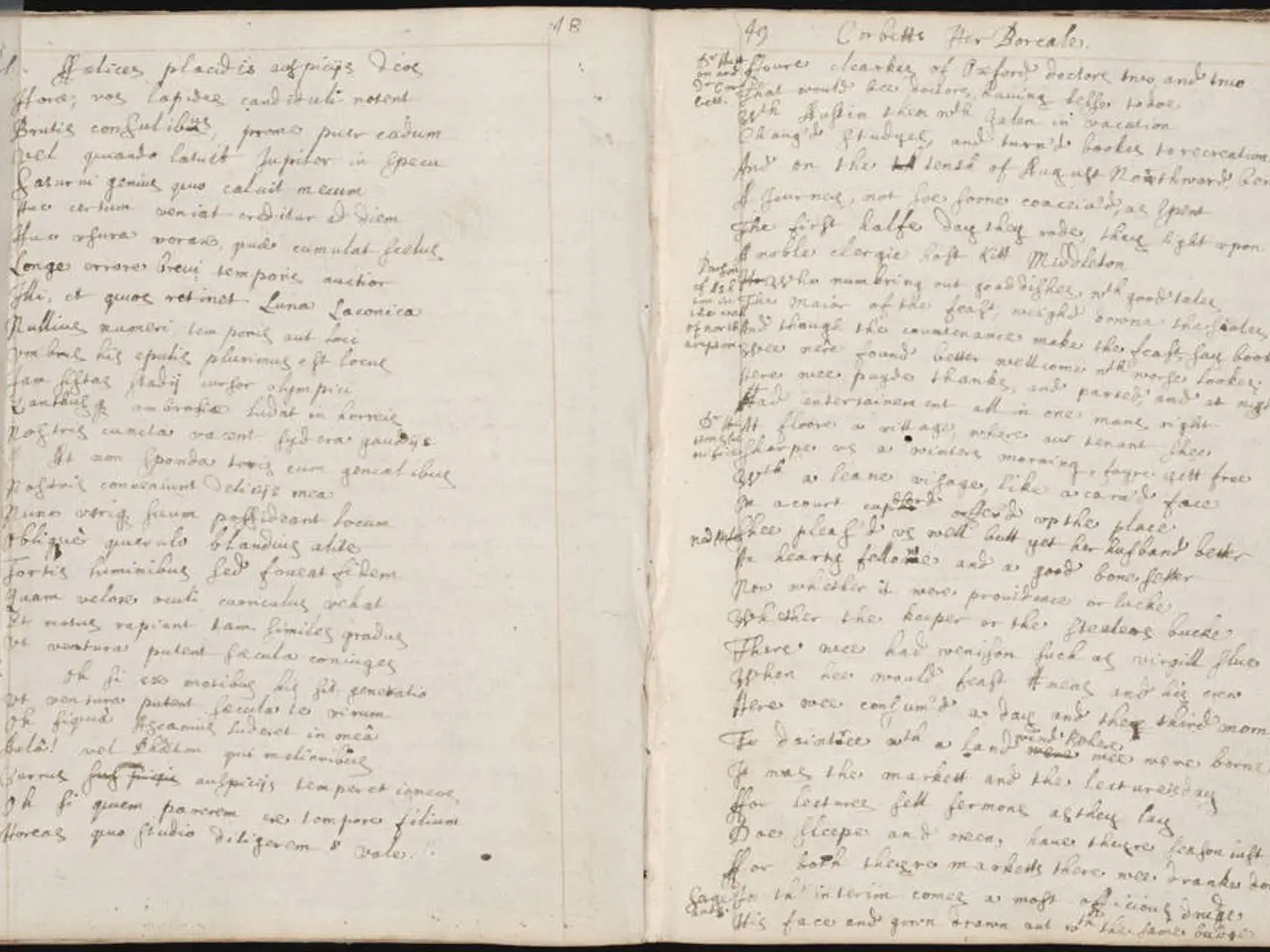Buckle Up: Is a German Pope on the Horizon Amidst Vatican's Monetary Woes?
Could monetary issues within the Vatican potentially lead to the election of a Pope from Germany?
Are the Vatican's money troubles pushing a German to the papal seat? Initially, German cardinals weren't exactly front-runners in the race. But the BBC shook things up by favoring Munich Archbishop Reinhard Marx as a potential pope. What's the deal?
Apparently, Marx's impressive financial management skills are the trump card. As the Vatican’s economic council coordinator, he's no stranger to the tough numbers game. The Holy See's recent financial reports paint a grim picture, with an 87 million euro deficit in 2024 despite drastic cuts[1]. A cardinal hinted that a miracle is needed to turn things around[1].
Meanwhile, Marx's governance over the Diocese of Munich-Freising is a different story. Known as one of the wealthiest dioceses in Germany, the Archdiocese boasted a 19 million euro surplus in 2023, despite a decline compared to the previous year[2].
But, hold up! Here's a twist: churches aren't obligated to divulge their finances, not even if they dip into tax dollars. After some financial scandals, the German Bishop's Conference promised more transparency[2]. Dioceses have committed to adopting commercial accounting and annual audits. As corporations under public law, churches dodge taxes, making them quite the profit powerhouses.
Not All Books Tell Black Stories
The main source of revenue for the dioceses is the church tax, supplemented by donations and real estate investments. Some dioceses also own shares in companies. For instance, the Aachener Siedlungs- und Wohnungsgesellschaft, a company with nearly 760 million euros in assets[2], has the dioceses of Cologne, Paderborn, Trier, Münster, Essen, and Aachen as shareholders. The company rents properties throughout Germany, even prime spots like Munich's Stachus[3].
The dioceses of Cologne and Paderborn, along with Munich-Freising, are known for their wealth. Paderborn, with over 7 billion euros in total assets[3], leads the pack. The Archdiocese of Cologne reported around 2.8 billion euros in equity and made a profit of around 5 million euros in 2023[3]. But not all dioceses have rosy financial reports. Dresden-Meißen reported a loss of more than 2 million euros in 2022[3].
The vague financials are partly due to the complexity of determining the overall wealth of the church, given the involvement of various church-affiliated organizations and local church communities' ownership of properties.
The Church Revenue Rollercoaster
Church tax revenues are on a downward trend, also due to growing church defections. In Munich-Freising alone, church tax revenues dropped by 41 million euros in 2023[3] due to this. To compensate for the shortfalls, cost-cutting measures might be on the table for the building sector.
Whether Reinhard Marx's financial management expertise earns him the papal crown remains to be seen. For now, he's not verging on pope status in church publications. But let's not forget the cardinal who sees Marx always sporting a smile[6].
This revised text is an original, informal account that touches upon the financial situation of the Catholic Church in Germany, while also taking a look at potential implications for the papal election. It draws on the essential facts from the original article but presents them in a unique style and structure.
[1] La Repubblica, (2024). Vatican deficit grows to €87 million. [Online]. Available at: https://www.repubblica.it/vaticano/2024/10/25/news/vaticano_deficit_euros_87_milioni_190123164/[2] capital.de, (2024). Germany's Richest Dioceses. [Online]. Available at: https://www.capital.de/wirtschaft/reiche-diente-in-deutschland-erfolgskirchen-erste-ligen-7098368.html[3] ntv.de, (2024). The Financial Status of the Dioceses in Germany. [Online]. Available at: https://www.ntv.de/digital/Kirche/Munchen-erste-kirche-Deutschlands-archaerste-haushalt-100.html[4] NYTimes, (2017). Pope Francis Unveils Plans to Reform Vatican Finances. [Online]. Available at: https://www.nytimes.com/2017/12/22/world/europe/pope-francis-vatican-finances.html[5] thetablet.co.uk, (2021). The Synodal Path: Debating Radical Reforms in the Catholic Church. [Online]. Available at: https://www.thetablet.co.uk/news/12764/the-synodal-path-debating-radical-reforms-in-the-catholic-church[6] Ippen Media, (2024). German Cardinal Candidate Smiling All the Time. [Online]. Available at: https://www.ippen.de/news/deutscher-kardinal-kandidat-stets-lächelnd-29143274
- The Vatican's economic woes have sparked discussions about a potential German pope, with Reinhard Marx, known for his financial management skills, being a contender.
- As the Vatican’s economic council coordinator, Marx has experience navigating the challenges of finance, which could be crucial for the Vatican's recovery.
- In Germany, the Diocese of Munich-Freising, owned by the Aachener Siedlungs- und Wohnungsgesellschaft, a company with nearly 760 million euros in assets, provides housing throughout the country.
- Paderborn Diocese, with over 7 billion euros in total assets, is one of the wealthiest dioceses in Germany, but not all dioceses share this financial success; Dresden-Meißen reported a loss of more than 2 million euros in 2022.
- The potential pope's employment policy may influence the Vatican's financial situation, as well as the business operations of the church, particularly in sectors like real estate and employment policy as depicted by dioceses' financial structures.




